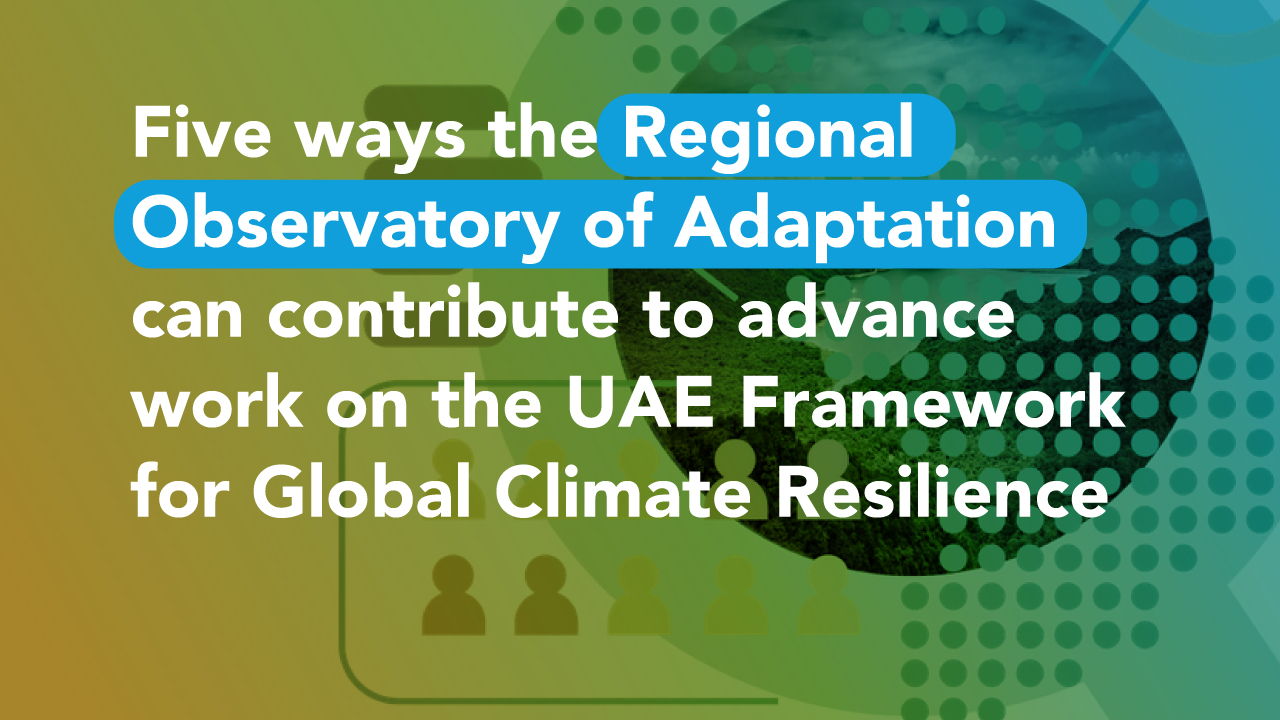The UAE Framework for Global Climate Resilience (UAE FGCR), approved at COP28, represents an important step toward achieving the Global Goal on Adaptation (GGA). With 11 targets spanning process and thematic priorities, the framework provides a roadmap for enhancing adaptive capacity, strengthening resilience, and reducing vulnerability. It introduces a long-term vision that emphasizes collective well-being, the protection of livelihoods, and the preservation of ecosystems. However, significant gaps persist, particularly in areas like finance, capacity building, and technology transfer, where progress is still insufficient.
While these targets lay a solid foundation, the lack of specific, measurable indicators complicates efforts to track adaptation progress and hold countries accountable. The UAE–Belém work program aims to address this by developing relevant global indicators. This initiative will play a pivotal role in defining how adaptation progress is assessed in the next global stocktake, scheduled for 2026.
The Regional Observatory of Adaptation (ROA) can act as a useful tool to advance the UAE FGCR. Here are five ways in which the ROA can make a meaningful contribution:
1. Systematizing information for adaptation action
The ROA’s primary task is to systematize and analyze adaptation efforts across Latin America and the Caribbean, creating a unified platform structured around the UAE FGCR’s overarching targets. This will streamline the process for stakeholders to align national and subnational adaptation efforts with global priorities.
2. Analyzing existing relevant indicators
Adaptation is deeply contextual, and the ROA’s work in mapping and analyzing existing indicators ensures that regional challenges are addressed in a way that resonates with local needs. This process allows for better alignment with national priorities, while contributing to global adaptation goals.
3. Fostering multi-stakeholder engagement
By bringing together governments, technical experts, and civil society, the ROA fosters a participatory approach to defining adaptation priorities, reflecting the UAE FGCR’s emphasis on transparent and inclusive decision-making. This collaboration strengthens ownership and ensures that adaptation strategies are both robust and locally relevant.
4. Supporting Monitoring, Evaluation and Learning (MEL) processes
The ROA can assist countries in strengthening their MEL systems by integrating adaptation-relevant indicators. This is crucial for tracking progress, identifying synergies and gaps, and minimizing duplicated efforts.
5. Facilitating decision-making and advocacy
As the global conversation on adaptation finance intensifies ahead of COP29, the ROA can play a key role by providing the data necessary to support advocacy efforts for stronger mandates on adaptation finance. This data-driven support can enhance national and regional capacity to mobilize the resources needed for effective adaptation.
How can countries and stakeholders engage in the development of the ROA?
Countries and stakeholders can actively participate in the next stages of the ROA development by:
- Engaging in the global and national indicator mapping process
Countries are encouraged to submit their national adaptation indicators to ensure regional perspectives are considered in global frameworks. Complete the survey here.
- Showcasing adaptation projects and initiatives
Countries and organizations can share information about adaptation initiatives and projects taking place in their regions to help build a comprehensive understanding of adaptation efforts.
- Participating in future ROA workshops
The ROA will continue to host workshops and dialogues focusing on national, subnational and sectoral adaptation efforts. Stakeholders can contribute with their insights and help shape future indicators and strategies. See our last workshop on global indicators here.



